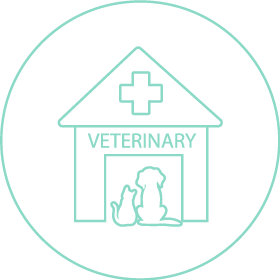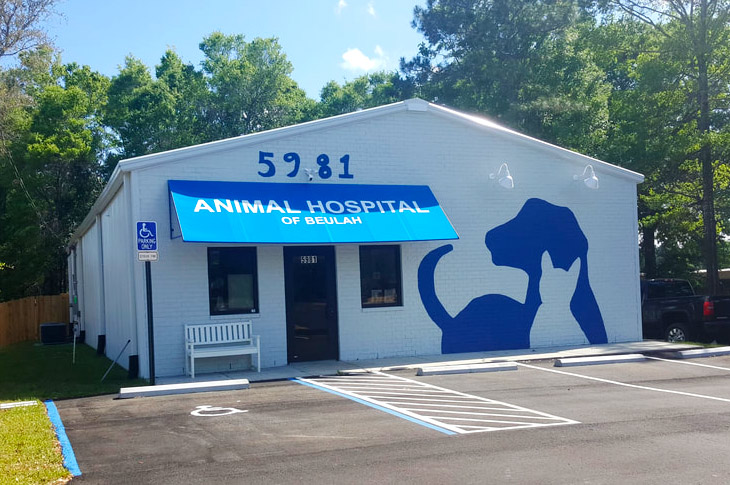Your trusted vet in Pensacola, FL

We offer full-service veterinary care for the cats and dogs of Pensacola and beyond.

Passion creates Vision, and Vision creates Purpose.
Dr. Cornett’s passion for the health of your companion animals fueled the Vision of Animal Hospital of Beulah. Creating a sanctuary of compassionate-minded professionals with state-of-the-art equipment to give your pets the very best in diagnostic and critical care support. Bringing high-quality veterinary care and affordable pricing together again.
Complete veterinary care
At Animal Hospital of Beulah, our highly skilled staff want to offer your pets the very best care.
Pet Wellness
We know your pet has unique needs, and we tailor a wellness plan just for them.
Pet Dentistry
Our team regularly performs oral exams, cleanings, and periodontal care.
Pet Surgery
We perform spays and neuters, soft tissue procedures, gastrotomy, and more.
Pet Diagnostics
We offer modern equipment to perform x-rays and other imaging as needed for your pet.
We love our clients and patients!



